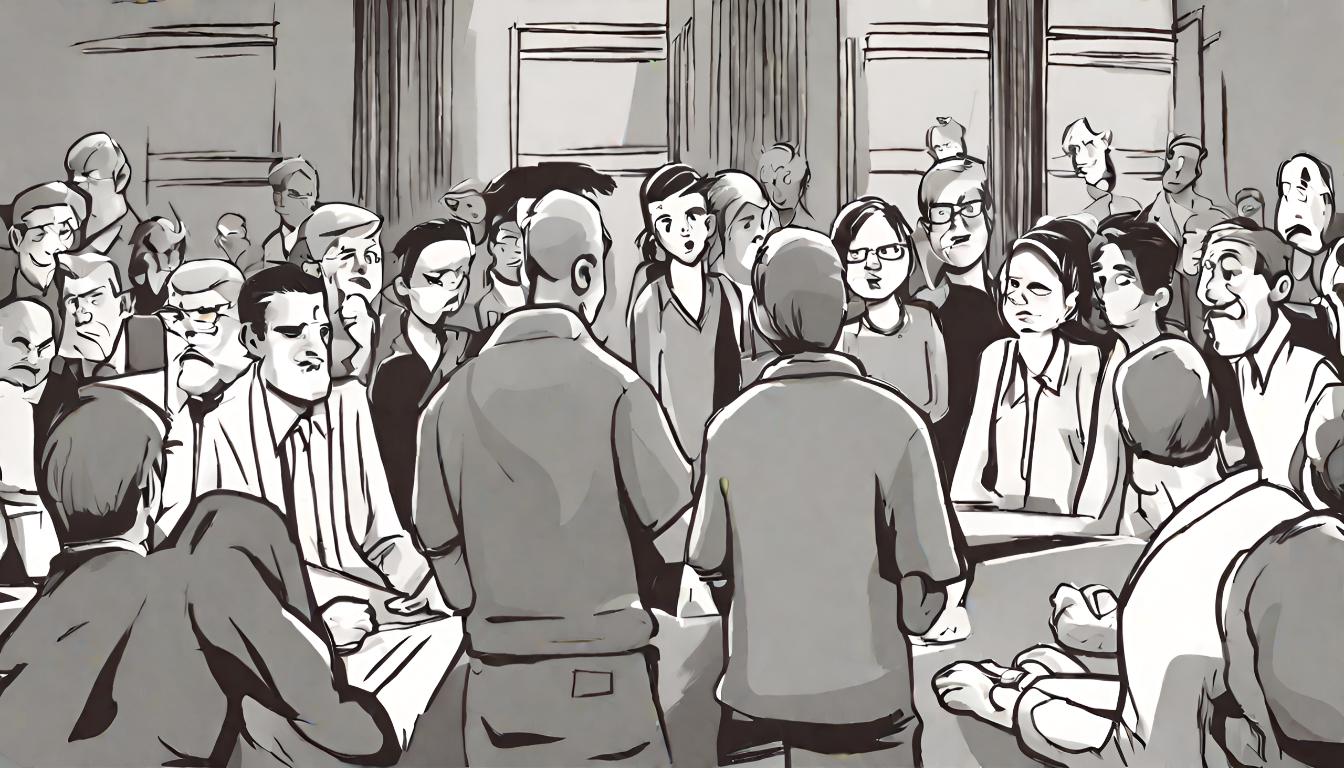 Effective communication serves as the cornerstone of healthy relationships, fostering understanding, trust, and mutual respect among individuals. In a world where misunderstandings and conflicts often arise due to miscommunication, the importance of honing our communication skills cannot be overstated. By embracing open and honest dialogue, we can create stronger connections with others, navigate conflicts with grace, and cultivate a culture of empathy and cooperation in our personal and professional lives.
Effective communication serves as the cornerstone of healthy relationships, fostering understanding, trust, and mutual respect among individuals. In a world where misunderstandings and conflicts often arise due to miscommunication, the importance of honing our communication skills cannot be overstated. By embracing open and honest dialogue, we can create stronger connections with others, navigate conflicts with grace, and cultivate a culture of empathy and cooperation in our personal and professional lives.
 At its essence, effective communication involves more than just conveying information; it requires active listening, empathy, and a willingness to engage in meaningful dialogue. It is about expressing ourselves authentically while also seeking to understand the perspectives and emotions of others. By approaching conversations with curiosity and compassion, we can create a safe and supportive space for genuine connection and growth.
At its essence, effective communication involves more than just conveying information; it requires active listening, empathy, and a willingness to engage in meaningful dialogue. It is about expressing ourselves authentically while also seeking to understand the perspectives and emotions of others. By approaching conversations with curiosity and compassion, we can create a safe and supportive space for genuine connection and growth.
One of the primary benefits of effective communication is its ability to strengthen relationships and build trust. When we communicate openly and honestly with others, we create a foundation of trust and respect, laying the groundwork for deeper and more meaningful connections. By listening attentively to others' perspectives and validating their experiences, we demonstrate empathy and understanding, strengthening the bonds that unite us as human beings.
 Moreover, effective communication plays a crucial role in conflict resolution and problem-solving. When conflicts arise, it is often due to misunderstandings or miscommunications that could have been avoided with clearer communication. By approaching conflicts with a spirit of openness and cooperation, rather than defensiveness or hostility, we can work together to find mutually beneficial solutions and strengthen our relationships in the process.
Moreover, effective communication plays a crucial role in conflict resolution and problem-solving. When conflicts arise, it is often due to misunderstandings or miscommunications that could have been avoided with clearer communication. By approaching conflicts with a spirit of openness and cooperation, rather than defensiveness or hostility, we can work together to find mutually beneficial solutions and strengthen our relationships in the process.
Furthermore, effective communication fosters a culture of collaboration and innovation in our personal and professional lives. When we communicate openly and transparently with our colleagues, we create an environment where ideas can be freely shared and explored, leading to greater creativity and productivity. By fostering a culture of open dialogue and constructive feedback, we can harness the collective intelligence and expertise of our teams, driving innovation and success.
 In addition to its interpersonal benefits, effective communication has the power to create positive change on a broader scale. When we engage in dialogue with others from various backgrounds and perspectives, we broaden our understanding of the world and foster empathy. By listening to and learning from others' experiences, we can challenge our own biases and assumptions, paving the way for greater understanding and social cohesion.
In addition to its interpersonal benefits, effective communication has the power to create positive change on a broader scale. When we engage in dialogue with others from various backgrounds and perspectives, we broaden our understanding of the world and foster empathy. By listening to and learning from others' experiences, we can challenge our own biases and assumptions, paving the way for greater understanding and social cohesion.
In conclusion, effective communication is the bedrock of healthy relationships, personal growth, and social progress. By embracing open and honest dialogue, we can build stronger connections with others, navigate conflicts with grace, and foster a culture of empathy and cooperation in our communities. Let us commit ourselves to honing our communication skills, listening deeply to others, and fostering a culture of understanding and respect in all aspects of our lives.